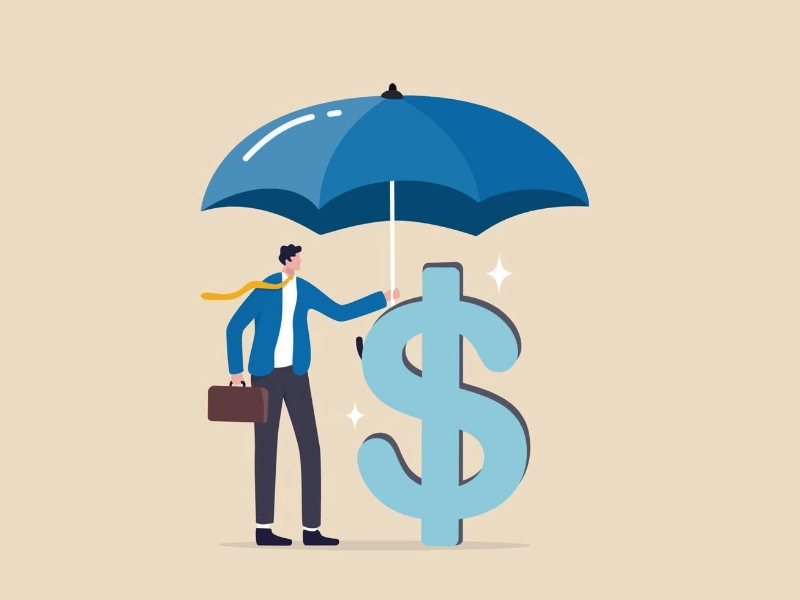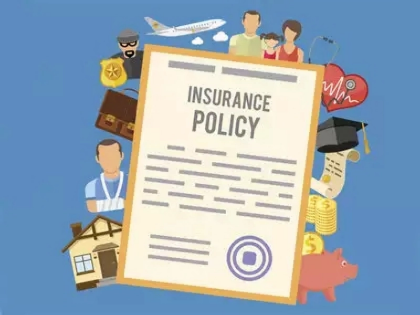How Insurance Fraud Affects You and How to Prevent It
It is rare for insurance fraud to be a victimless crime. It is the second most expensive white-collar crime behind tax evasion, costing every citizen of the nation billions in higher insurance premiums.
It's critical to understand the kinds of actions that qualify as insurance fraud. Among the most typical are:
False Allegations

The majority of people are aware that insurance serves to offer financial stability in the case of an accident or loss. However, by dishonestly getting money from insurance, people who make bogus claims undercut these good qualities. Fraudulent insurance acts, such as fabricating an accident, lying on an application, or inflating damage, have serious repercussions and might end up costing you more in the long run due to higher premiums.
Assets taken from an insurance business might likewise be used by fraudsters to misappropriate money. Asset diversion is the term for this kind of fraud, which can cause customers' coverage to deteriorate and their services to stop working. Insiders, such as workers or agents, usually take over an insurance company and use its resources for their personal gain in this kind of fraud.
People who commit insurance fraud are frequently coerced into doing so. In this case, your lawyer can assist you in pursuing a duress defence that might spare you from conviction or severe punishment.
Deceitful Premiums

Insurance is meant to assist us by covering losses in the event of accidents or injuries and paying out valid claims. On the other hand, dishonest people attempt to commit fraud in order to profit from the system. Everyone is impacted by this, even trustworthy customers. These people are robbing the system of much-needed revenue, whether they fabricate a car accident, report a stolen television to an insurer, or offer false information on their application.
Although soft fraud is less expensive for insurance firms to deal with on an individual basis than hard fraud, these fraudulent schemes nevertheless drive up premiums for everyone. Insurance companies should carry out internal audits to make sure that all policies are legitimate and that premiums are being collected correctly, as these scams might be harder to spot.
Additionally, consumers can assist by reporting any questionable activity and increasing their awareness of the possible repercussions of insurance fraud. A multitude of tools are available on the NICB website to inform customers about insurance fraud and how to prevent it.
Policyholders who are dishonest

A lot of people think of insurance as a kind of financial security. This viewpoint is undermined by insurance fraudsters who fabricate data in order to obtain money they do not deserve. This offence may be committed while purchasing, selling, or utilising insurance. While some criminals "stage" accidents or make fraudulent claims in order to receive compensation, others lie on an insurance application in order to lower their price.
Any insurance fraud has financial gain as its primary motivation. Insurance fraud can be committed by one person acting alone or in concert with several accomplices. They may even pay police officers to make fraudulent arrests, engage a technician to fabricate paperwork to support claims for repairs that were never made, or enlist the aid of a dishonest physician to validate fictitious damage reports or injuries.
There are people in every profession who commit insurance fraud, including mechanics, physicians, attorneys, and automobile salespeople. Insurance firms must act swiftly to resolve dubious claims in order to prevent them from being referred to the authorities.
Malicious insurance companies

Fraudsters have the ability to perpetrate fraud not just against insurance firms but also against policyholders. To get a reduced premium, someone can, for instance, provide fake documents or fabricate facts on their application. We call this kind of deception non-disclosure.
A prevalent form of insurance fraud entails fabricating incidents or making inflated claims. Because this kind of fraud is more blatant and clear, insurers usually have an easier time identifying it. That being said, it remains a serious felony. In order for someone to be found guilty of filing a fraudulent insurance claim, they must intend to defraud.
People from various areas of life, including physicians, attorneys, auto salespeople, and insurance agents, commit fraudulent insurance offences. But you can prevent insurance fraud from occurring if you are vigilant about looking for warning indications of it. Additionally, for additional information on how to report fraudulent conduct, make sure to visit the NICB website.










